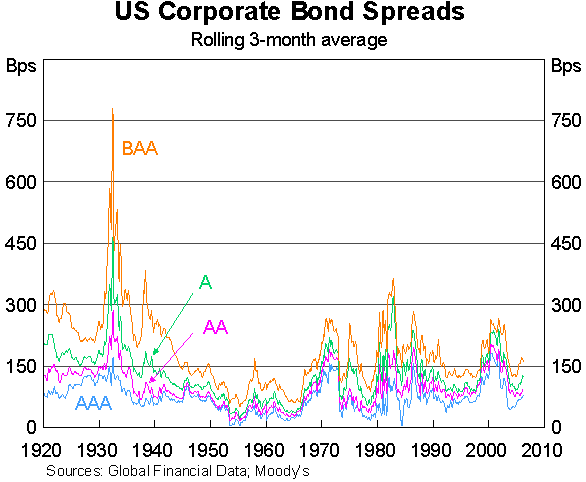IMF Sees Rising Risks for Emerging Markets’ Corporate Debt Bloomberg Business
Post on: 2 Сентябрь, 2015 No Comment

April 9 (Bloomberg) — Years of cheap credit have inflated corporate and sovereign debt in emerging markets that now find themselves at greater risk of capital flight if global interest rates rise further, the International Monetary Fund said.
While the IMF predicts a smooth withdrawal of monetary stimulus by the Federal Reserve, a “bumpy exit” is possible, Jose Vinals, the head of the IMF’s capital markets department, said in prepared remarks. The result could be a faster-than-anticipated increase in interest rates, widening credit spreads and greater financial volatility, he said.
“Emerging markets are especially vulnerable to a tightening in the external financial environment, after a prolonged period of capital inflows, easy access to international markets, and low interest rates,” Vinals said in remarks accompanying the release of the IMF’s Global Financial Stability Report.
Years of low interest rates in advanced economies have encouraged global investors to seek higher yields in fast-growing developing countries. Investment from advanced economies into emerging-market bonds reached an estimated $1.5 trillion by the end of 2013, the IMF said.
Emerging-market corporate debt tripled from 2009 to 2013, with debt levels in countries such as China, Hungary and Malaysia reaching or exceeding 100 percent of gross domestic product.
Ownership Abroad
Much of that debt is owed to overseas investors. The share of corporate debt owed to non-residents is now above 25 percent in countries including India and Turkey, making them more vulnerable to currency fluctuations, the fund said.
Slower growth prospects are now putting pressure on companies’ profits and on their capacity to service their debt.
“Rising interest rates, weakening earnings, and depreciating exchange rates could put substantial pressure on emerging-market corporate balance sheets,” Vinals said.
To measure the risk, the IMF conducted a simulation involving a 25 percent increase in borrowing costs and a 25 percent drop in corporate earnings in 15 countries.
In this scenario, emerging-market companies owing $740 billion, or 35 percent of outstanding debt, “could find it hard to service their obligations,” Vinals said.
The share of weaker firms after the simulated shocks is biggest in Argentina, Turkey, India and Brazil, the report showed.
China’s Risks
Other risks exist in China, where the challenge is for policy makers to orchestrate a move toward greater market discipline, according to the fund.
“Investors and lenders will have to bear some costs of previous financial excesses, and market prices will need to adjust to more accurately reflect risks,” the IMF said.
In the 18-country euro region, an assessment of the banking system’s health led by the European Central Bank will need to be followed by a “a determined cleansing of balance sheets and the removal of banks that are no longer viable.”
The U.S. the developed country that’s the most advanced in the transition to self-sustaining growth, faces its own challenges.
“The search for yield is increasing, with rising leverage in the corporate sector and weakening underwriting standards in some pockets of credit markets,” the fund wrote. “Weaker market liquidity and the rapid growth of investment vehicles that are more vulnerable to redemption risk could amplify financial or economic shocks.”
To contact the reporter on this story: Sandrine Rastello in Washington at srastello@bloomberg.net
To contact the editors responsible for this story: Chris Wellisz at cwellisz@bloomberg.net Brendan Murray














